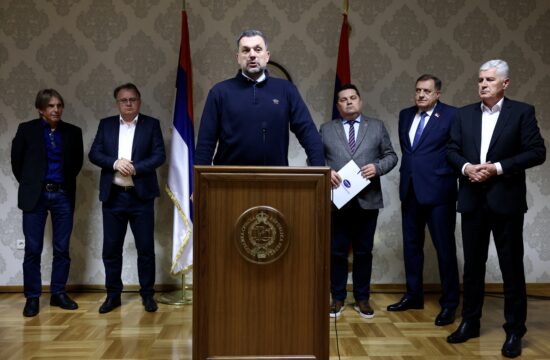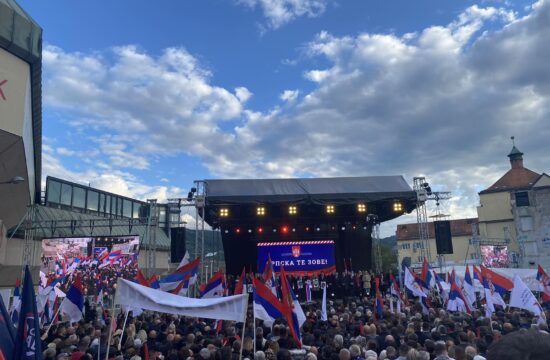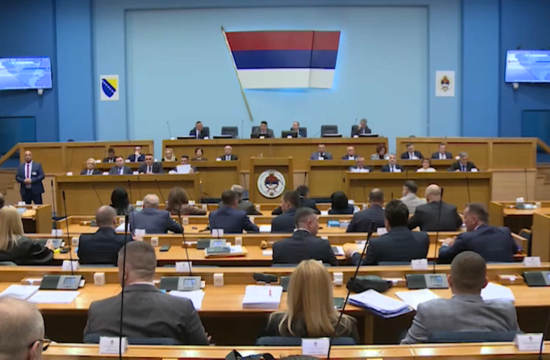The increase in fuel prices in Bosnia and Herzegovina over the past weeks was due to a significant increase in global oil prices in 2018 and had nothing to do with the fuel excise duties that increased in February this year, the European Union Delegation (EUD) to Bosnia and Herzegovina told N1.
The EU Delegation's statement came a day after the Serb Democratic Party (SDS) announced the Serb Caucus would submit to parliamentary procedure a proposal of changes to the Law on Excise Duties, demanding that the previously adopted increase in excise duties on fuel is annulled.
MP Aleksandra Pandurevic, representing SDS in the Parliament of Bosnia and Herzegovina, said on Sunday they expected all those parties who earlier objected the excise duties’ increase to back their proposal.
“We expect the support of all those colleagues who were against the excise duties’ increase before to support us as well as those who in the meantime realised the citizens cannot endure such price increase,” Pandurevic said.
The law changes stipulating increase of excise duties on fuel in Bosnia were adopted in early 2018 despite strong objection of SDS and a few opposition parties. The fuel prices increased by 0.18 Bosnian marks (approx EUR 0.09) as of February 2018 as a direct consequence of the law changes. However, the most recent price increase at Bosnia's gas station triggered by oil price change on the global market led the citizens to stage protests across the country.
The EU Delegation, which had advocated adoption of changes to the Law on Excise Duties with an explanation that this was an important step towards construction of modern road infrastructure to the country – as the law stipulates that the collected funds would be allocated for this purpose – said on Monday that there were two reasons behind the fuel price increase.
“One has to do with an increase in excises on fuel that entered into force in February, dedicated to Bosnia and Herzegovina's infrastructural development. As a response to this decision, the international financial institutions have already pledged significant funds and the EU will continue its support through its Connectivity Agenda,” Delegation's Spokesperson Jamila Milovic-Halilovic told N1.
The Social Democratic Party (SDP) so far confirmed it would back the SDS’ proposal.




